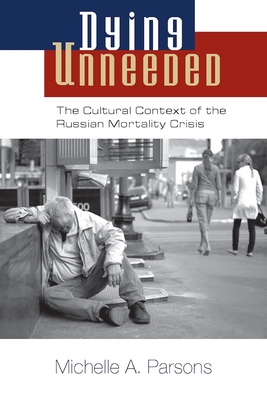Expedite your nonfiction book discovery process with Readara interviews, summaries and recommendations, Broaden your knowledge and gain insights from leading experts and scholars
In-depth, hour-long interviews with notable nonfiction authors, Gain new perspectives and ideas from the writer’s expertise and research, Valuable resource for readers and researchers
Optimize your book discovery process, Four-to eight-page summaries prepared by subject matter experts, Quickly review the book’s central messages and range of content
Books are handpicked covering a wide range of important categories and topics, Selected authors are subject experts, field professionals, or distinguished academics
Our editorial team includes books offering insights, unique views and researched-narratives in categories, Trade shows and book fairs, Book signings and in person author talks,Webinars and online events
Connect with editors and designers,Discover PR & marketing services providers, Source printers and related service providers

Dying Unneeded: The Cultural Context of the Russian Mortality Crisis
Social Science > Gender Studies
- Vanderbilt University Press
- Paperback
- 9780826519733
- 9.2 X 5.9 X 0.8 inches
- 0.75 pounds
- Social Science > Gender Studies
- (Single Author) Asian American
- English
Readara.com
Book Description
Middle-aged Muscovites talk about being unneeded (ne nuzhny), or having little to give others. Considering this concept of being unneeded reveals how political economic transformation undermined the logic of social relations whereby individuals used their position within the Soviet state to give things to other people. Being unneeded is also gendered--while women are still needed by their families, men are often unneeded by state or family. Western literature on the mortality crisis focuses on a lack of social capital, often assuming that what individuals receive is most important, but being needed is more about what individuals give. Social connections--and their influence on health--are culturally specific.
In Soviet times, needed people helped friends and acquaintances push against the limits of the state, crafting a sense of space and freedom. When the state collapsed, this sense of bounded freedom was compromised, and another freedom became deadly.
This book is a recipient of the annual Norman L. and Roselea J. Goldberg Prize for the best project in the area of medicine.
Author Bio
My central focus is the application of sociocultural anthropology to health inequality and global/public health practice. More specifically I am interested in how political economy gives rise to social relations which, in turn, influence health and health research/interventions.
My first project applied ethnographic methods to the Russian mortality crisis of the 1990s, which is the subject of a substantial epidemiology literature. My book Dying Unneeded: The Cultural Context of the Mortality Crisis revolves around the gendered idea of being unneeded–having nothing to offer others. I explore how being unneeded relates to the concept of social capital and its use in quantitative analyses.
I am currently working on an ethnography of a global health project, addressing perinatal healthcare, surveillance, and donor ethics. I am also developing a project on mortality disparities in the Northern Arizona context which will use both quantitative and qualitative methods.
I have done global health research on HIV/AIDS testing and counseling, medication use, menopause, and reported health at Harvard School of Public Health and the World Health Organization.
Education
PhD, MA, Anthropology – Emory University, 2011
SM, Population and International Health – Harvard School of Public Health, 2000
BA, Human Biology – Stanford University, 1995
Source: Northern Arizona University
Videos
No Videos
Community reviews
No Community reviews

